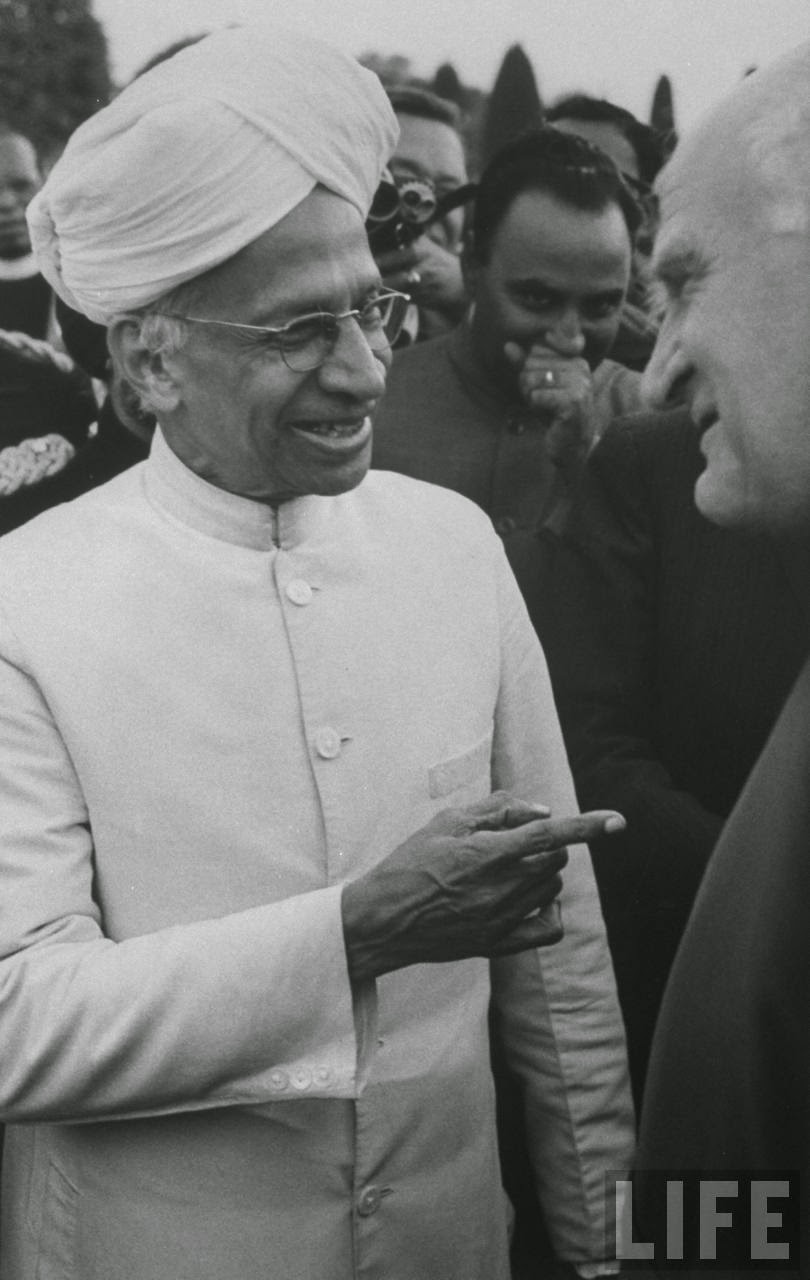The Legends of the fall - Moral consequences of war

The moral damages of war can seldom be altered by peace. In the long history of Man’s carnage in the name of territory, ambition and unbridled foolishness, the victim has always been the hapless “soldier” on either side, who wields his lanc e, or sword or the gun for a cause that he does not understand or sympathize; but yet, gives himself to the task of plunging headlong into battlefield with impunity and increasing relish. The psychological consequences of such an internal hardening is bound to unleash within, when the heat of war and flow of blood have ebbed; and he needs to integrate back with society that awaits him as the person that he was. How many stable families have been left emotionally, physically, morally and in million other ways uprooted from their cloistered lives; thrown into this maddening milieu of an ideological war; drawn to it by a strange taste of nationalism; passions running high, blood boiling with a fever characteristic of youthful folly heading into a mora

